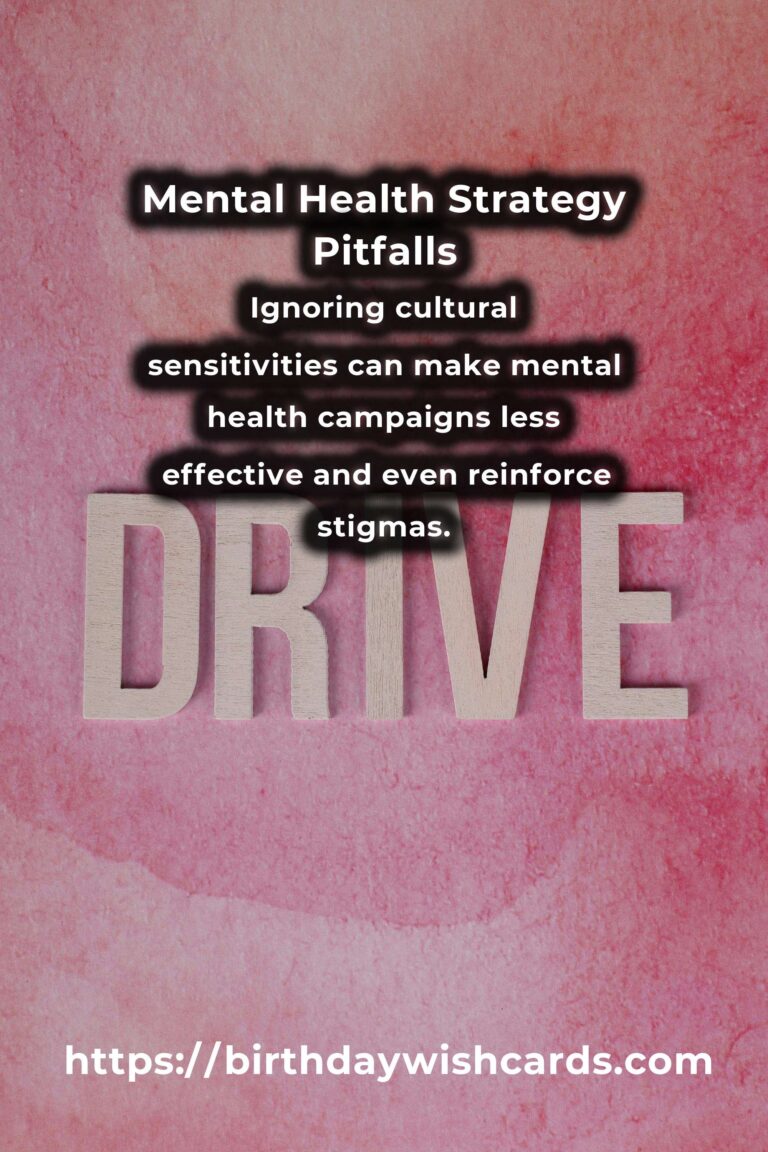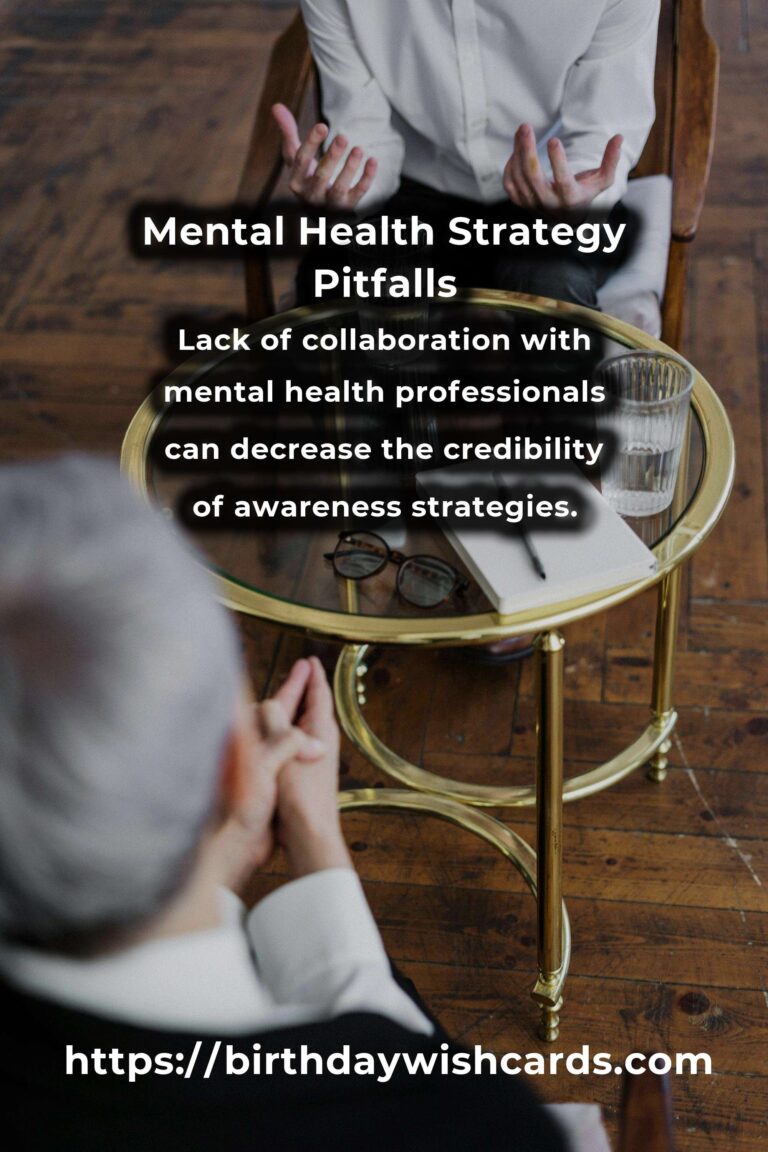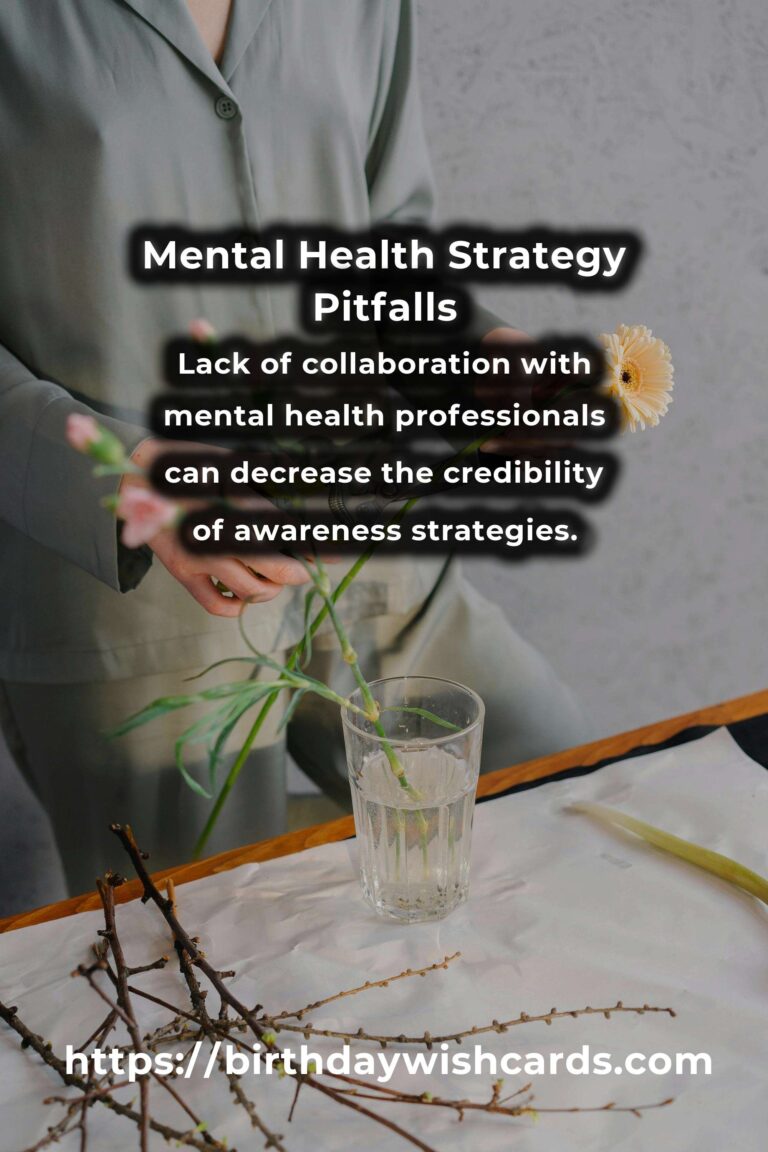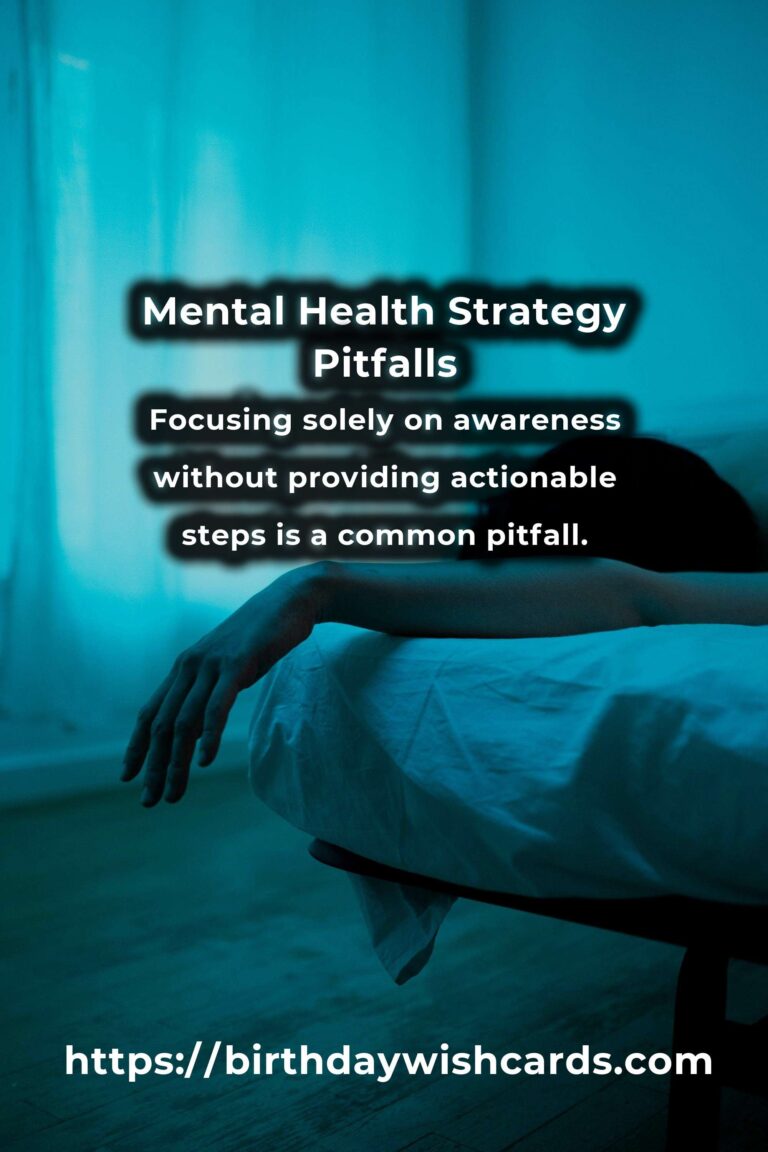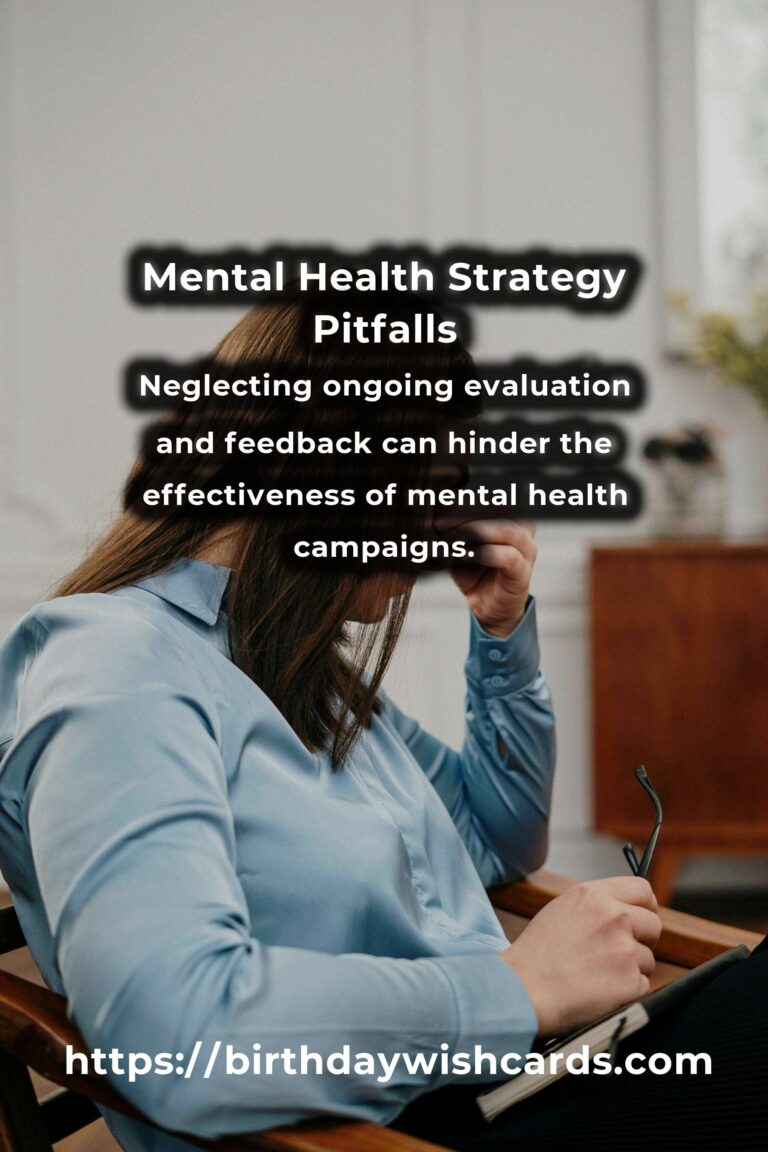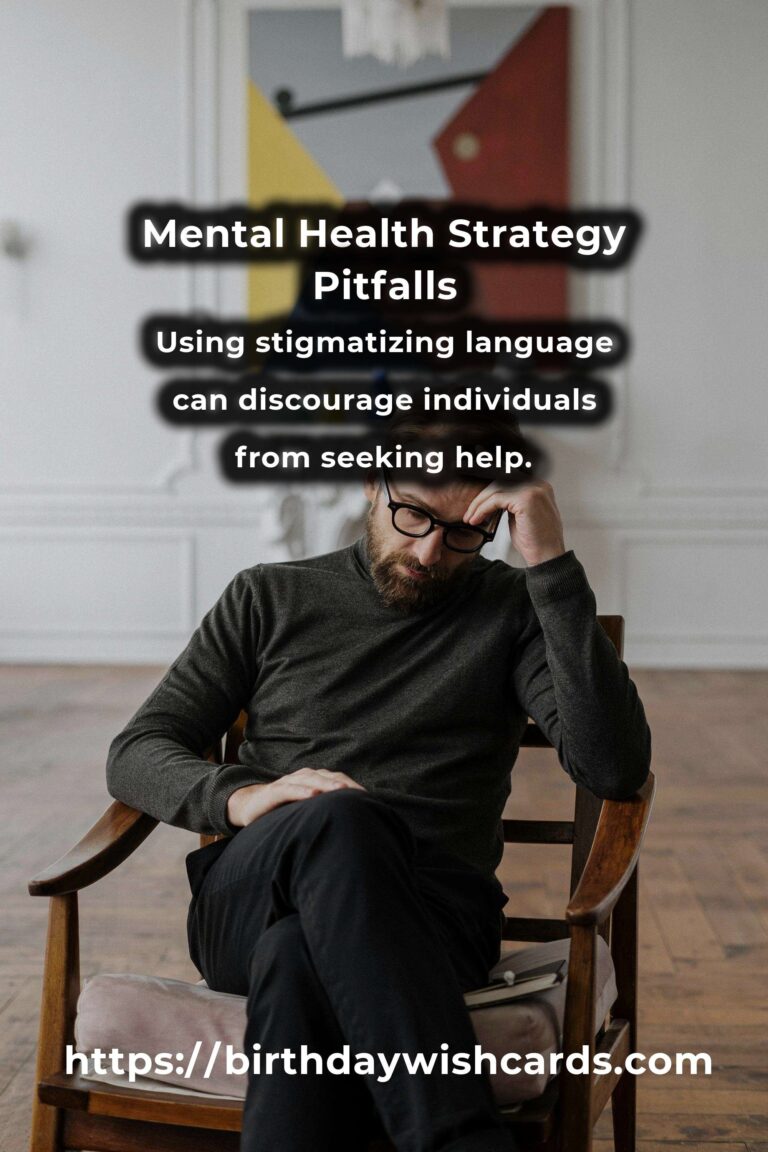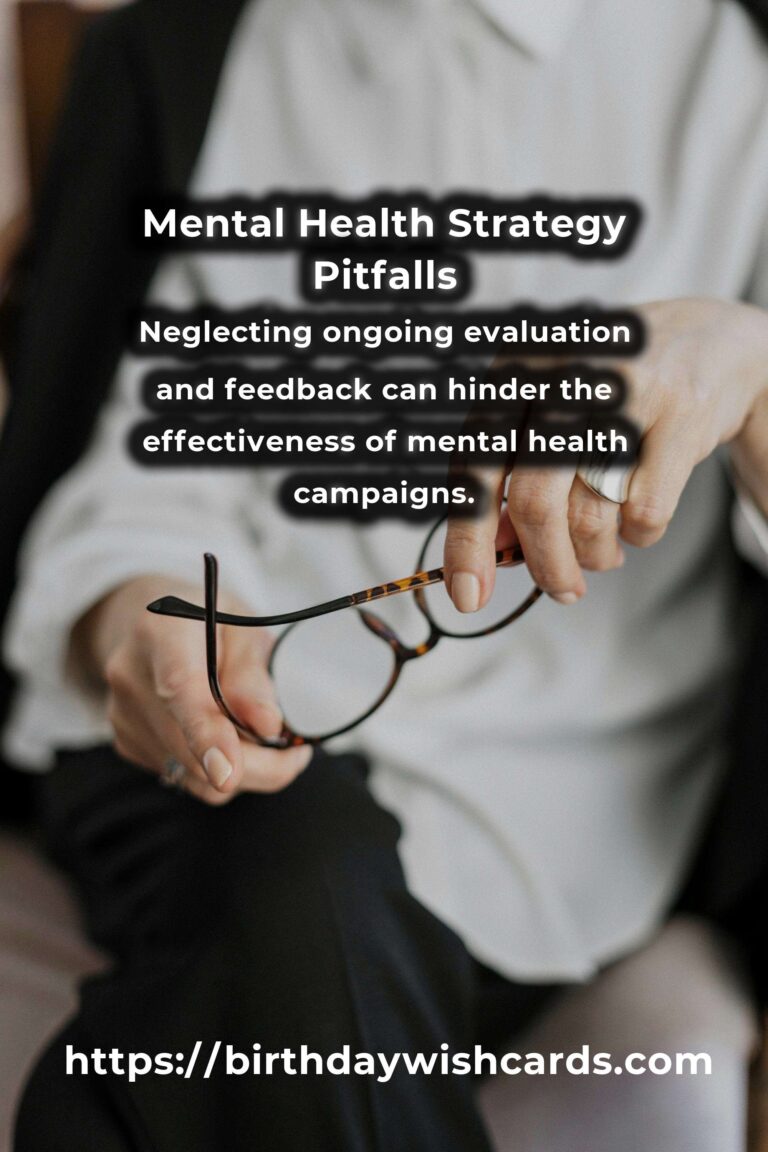
Mental health awareness is a critical component in fostering a supportive and understanding society. However, even the most well-intentioned strategies can encounter pitfalls that hinder their effectiveness. In this article, we will discuss common mistakes made in mental health awareness strategies and how to avoid them to ensure a more impactful outcome.
1. Over-Generalizing Mental Health Issues
One major mistake in mental health awareness strategies is over-generalization. Often, campaigns paint mental health issues with a broad brush, failing to acknowledge the diverse range of mental health conditions and their unique challenges. This can lead to misinformation and a lack of understanding among the target audience.
To avoid this, strategies should focus on specific mental health issues, providing detailed information and resources tailored to each condition. This approach helps in creating a more informed and empathetic audience.
2. Ignoring Cultural Sensitivities
Mental health perceptions and stigmas can vary significantly across different cultures. A one-size-fits-all strategy may fail to resonate with diverse audiences and might even perpetuate existing stigmas.
Effective mental health awareness strategies should incorporate cultural sensitivities by involving community leaders and stakeholders in the planning process. This ensures that campaigns are respectful, relevant, and impactful across various cultural contexts.
3. Using Stigmatizing Language
Language plays a crucial role in shaping perceptions of mental health. Unfortunately, many awareness strategies inadvertently use stigmatizing language that can reinforce negative stereotypes and discourage individuals from seeking help.
To counteract this, it is important to use person-first language, focusing on the individual rather than the condition. Training and guidelines on appropriate language use should be provided to all individuals involved in the creation of mental health awareness materials.
4. Lack of Engagement with Mental Health Professionals
Another common mistake is the lack of collaboration with mental health professionals. Their expertise is invaluable in ensuring that the information disseminated is accurate and effective.
Engaging with mental health professionals in the planning and execution of awareness strategies can enhance the credibility and efficacy of the campaigns. Professionals can provide insights into best practices, emerging trends, and accurate data that can be used to shape messaging.
5. Focusing Solely on Awareness without Action
While raising awareness is crucial, it should not be the sole focus of mental health strategies. Awareness must be coupled with actionable steps that encourage individuals to seek help and support.
Strategies should include clear calls to action, such as information on how to access mental health services, helplines, and support groups. Empowering individuals with the knowledge of where and how to get help can significantly enhance the impact of awareness campaigns.
6. Neglecting Ongoing Evaluation and Feedback
Finally, many mental health awareness strategies fail to incorporate mechanisms for ongoing evaluation and feedback. Without these, it is challenging to assess the effectiveness of a campaign and make necessary adjustments.
Incorporating regular feedback from participants and stakeholders can provide valuable insights into the strengths and weaknesses of a strategy. This allows for continuous improvement and adaptation to changing needs and circumstances.
Conclusion
Avoiding these common mistakes can significantly enhance the effectiveness of mental health awareness strategies. By focusing on specificity, cultural sensitivity, appropriate language, professional collaboration, actionable steps, and ongoing evaluation, these strategies can foster a more informed and supportive society.
Mental health awareness strategies often over-generalize mental health issues, leading to misinformation. Ignoring cultural sensitivities can make mental health campaigns less effective and even reinforce stigmas. Using stigmatizing language can discourage individuals from seeking help. Lack of collaboration with mental health professionals can decrease the credibility of awareness strategies. Focusing solely on awareness without providing actionable steps is a common pitfall. Neglecting ongoing evaluation and feedback can hinder the effectiveness of mental health campaigns.
#MentalHealth #Awareness #MentalHealthAwareness #MentalHealthMatters #StigmaFree


